Actors Who Stole Every Scene — Even in Supporting Roles
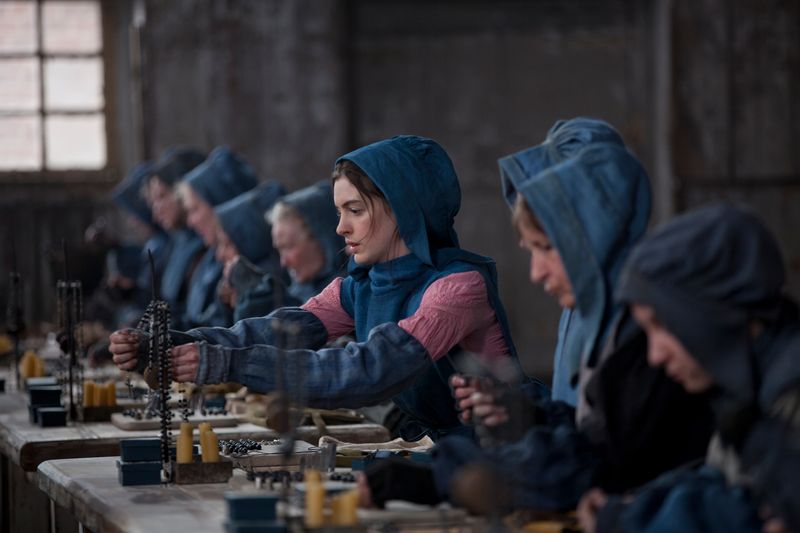
Some actors have a special gift that makes them impossible to ignore, even when they’re not the star of the show. They walk into a scene and suddenly everyone’s watching them instead of the main character. Whether it’s their powerful energy, unforgettable lines, or just pure talent, these performers prove you don’t need the biggest role to make the biggest impact.
1. Heath Ledger as The Joker in The Dark Knight
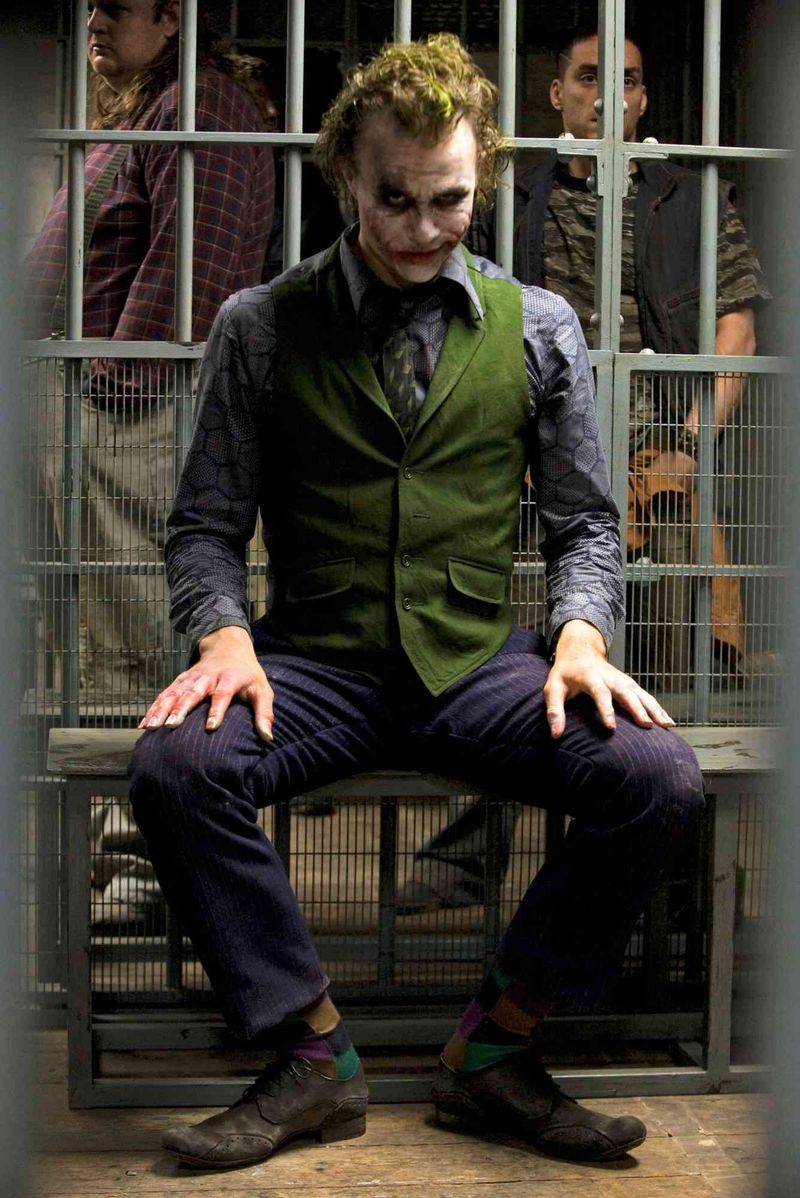
When Heath Ledger appeared as The Joker, he created something nobody had ever seen before. His version wasn’t just a comic book villain—he was a force of pure chaos that felt terrifyingly real. Every word he spoke dripped with menace, and his unpredictable behavior kept audiences on edge.
Ledger didn’t just act the part; he completely disappeared into it. His commitment was so intense that his performance won him an Oscar after his tragic death. The way he licked his lips, told twisted stories, and made everyone uncomfortable showed true genius at work.
2. Joe Pesci as Tommy DeVito in Goodfellas
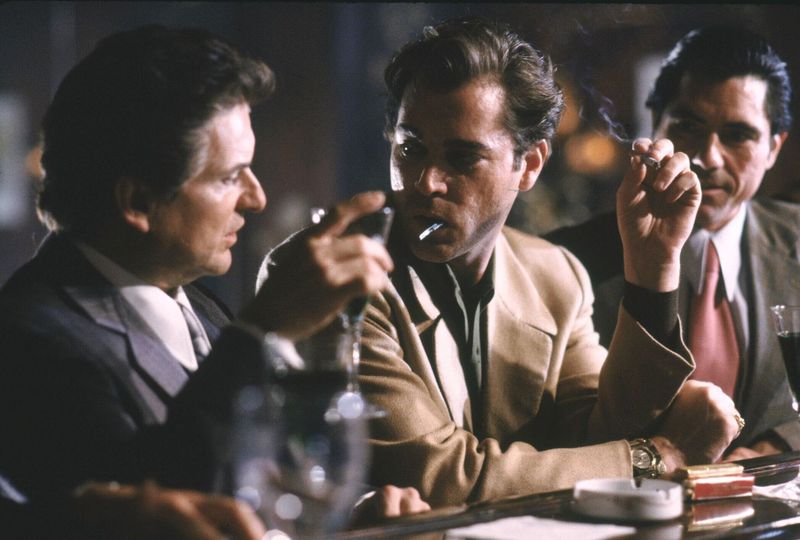
Nobody delivers violence and comedy quite like Joe Pesci did in Goodfellas. His character Tommy could make you laugh one second and absolutely terrify you the next. That famous “funny how” scene remains one of cinema’s most uncomfortable moments because you never knew if he was joking or about to explode.
Pesci brought raw electricity to every frame he occupied. His small stature contrasted perfectly with his enormous rage, making him even more dangerous and unpredictable. The Academy agreed, handing him the Best Supporting Actor trophy for this unforgettable performance.
3. Christoph Waltz as Dr. King Schultz in Django Unchained
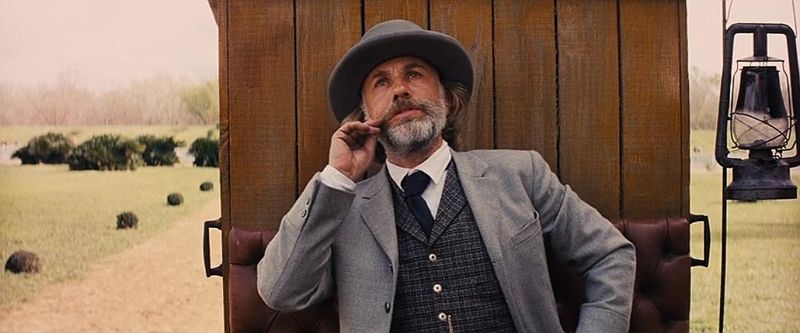
Tarantino actually wrote this role specifically for Waltz, and you can tell why. Dr. King Schultz is charming, witty, and dangerously smart, switching between gentleman and deadly bounty hunter effortlessly. Waltz delivered Tarantino’s wordy dialogue with such style that every conversation became must-watch television.
His accent added exotic flavor while his mannerisms suggested old-world sophistication mixed with Wild West grit. The chemistry between him and Jamie Foxx’s Django crackled, but Waltz often commanded attention simply by existing in the frame. This marked his second Oscar win for a Tarantino film.
4. J.K. Simmons as Terence Fletcher in Whiplash
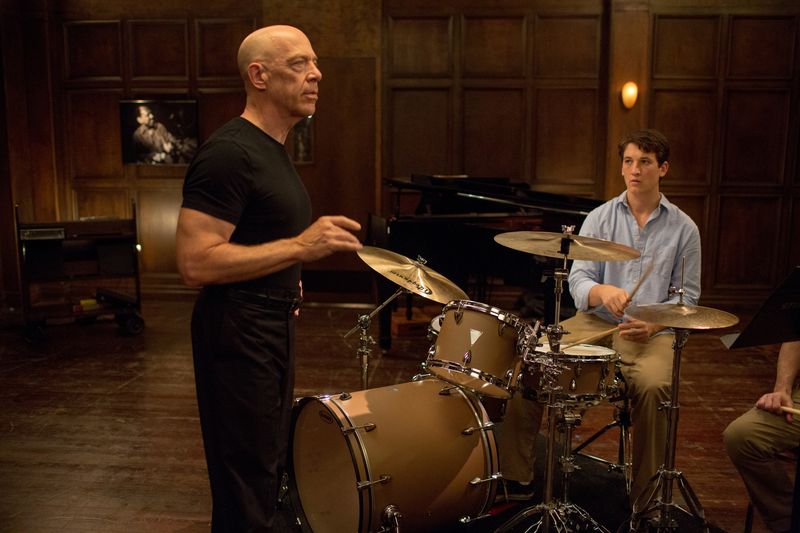
Fletcher isn’t just tough—he’s a psychological nightmare wrapped in a music teacher’s body. Simmons plays him with such brutal intensity that viewers feel physically exhausted watching him berate his students. His methods cross every ethical line, yet you can’t look away from his commanding presence.
The actor brings volcanic rage that erupts without warning, making every rehearsal scene feel like walking through a minefield. His relentless pursuit of perfection destroys lives, yet Simmons makes you understand the twisted logic behind it. This powerhouse performance earned him every major award including the Oscar.
5. Amandla Stenberg as Rue in The Hunger Games
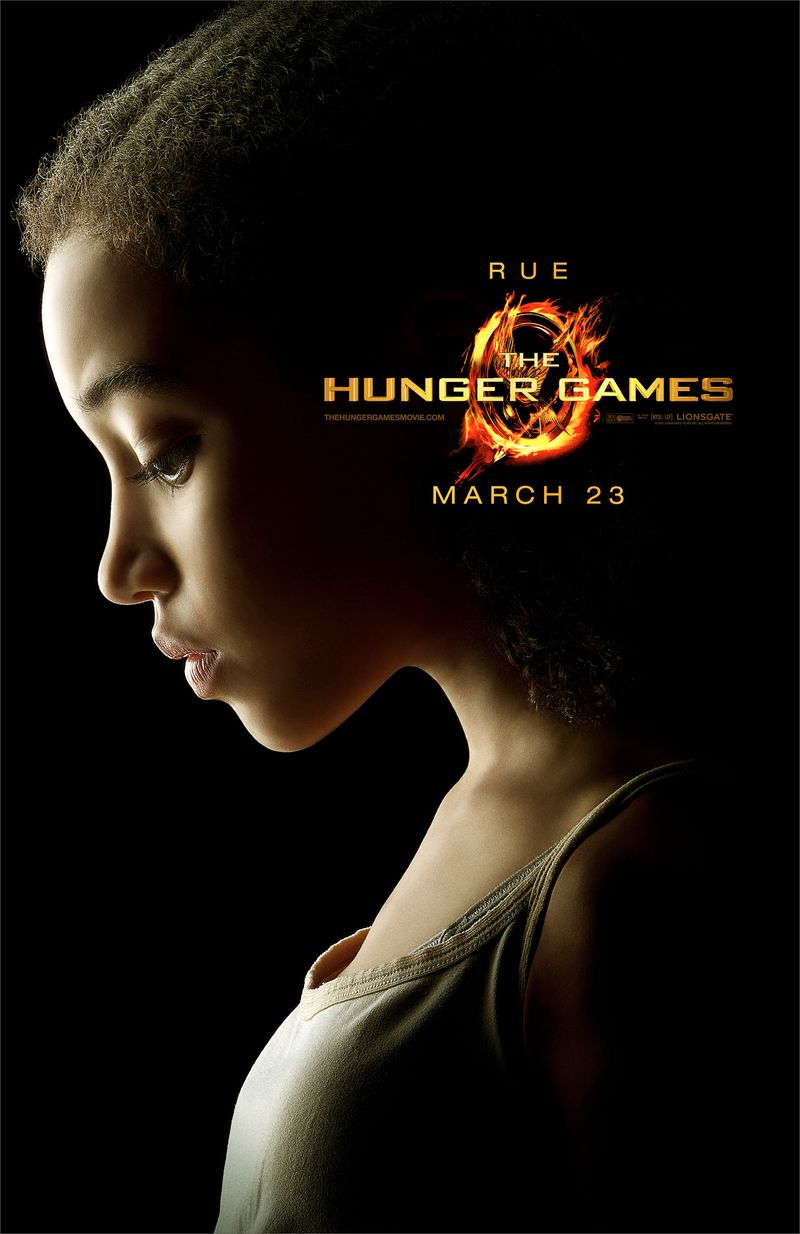
Rue had limited screen time, but Stenberg made every moment count with heartbreaking authenticity. Her character represented innocence destroyed by a cruel system, and the young actress conveyed that tragedy beautifully. When she formed a bond with Katniss, audiences immediately invested in their friendship.
Stenberg brought genuine warmth and vulnerability that contrasted sharply with the arena’s brutality. Her singing voice haunted the forest, creating one of the film’s most memorable moments. The emotional gut-punch of her fate hit harder because Stenberg made viewers truly care about this brave little tribute in such short time.
6. Viola Davis as Aibileen Clark in The Help
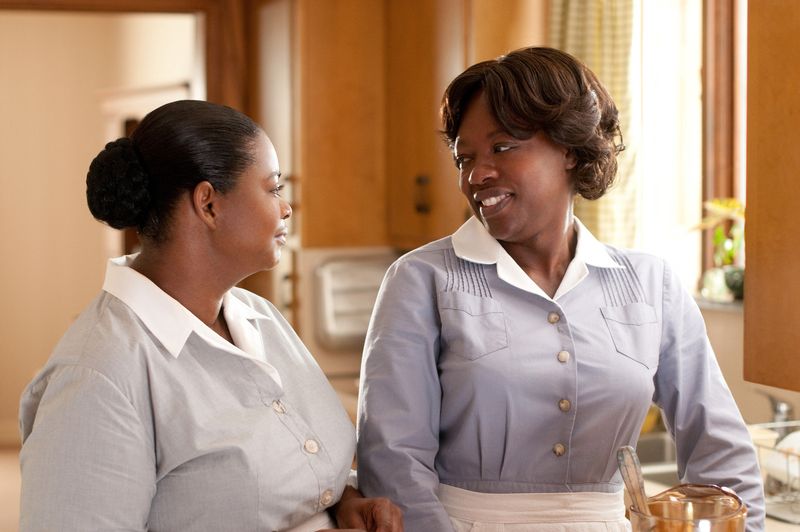
Davis transformed a supporting role into an emotional powerhouse that anchored the entire film. Aibileen carried decades of pain, wisdom, and quiet strength that Davis expressed through every glance and word. Her monologues about raising white children while missing her own son’s childhood cut straight to the heart.
The actress brought such dignity to a character society tried to diminish. When Aibileen finally stands up for herself, Davis makes that moment feel like a personal victory for everyone who’s been underestimated. Her performance earned an Oscar nomination and reminded Hollywood why she’s considered one of our greatest living actors.
7. Tom Hiddleston as Loki in Thor
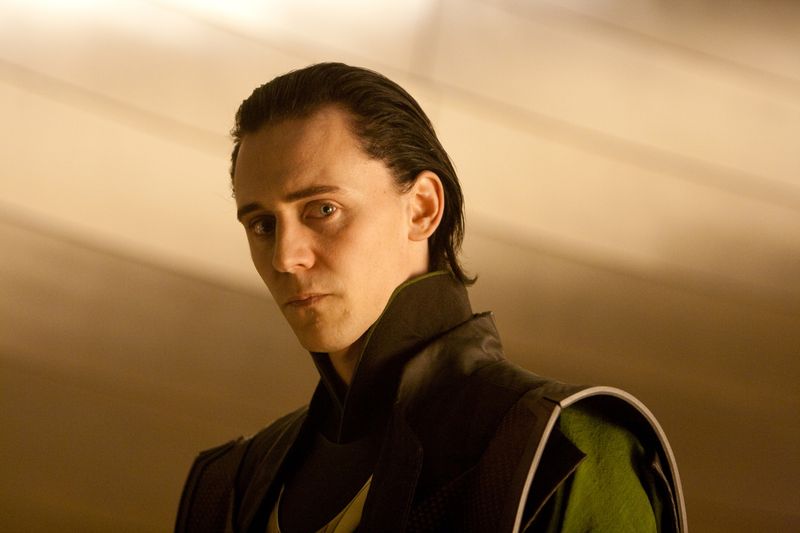
Marvel intended Thor to be the star, but Hiddleston’s Loki kept stealing his thunder—literally. His portrayal of the trickster god balanced humor, tragedy, and menace so perfectly that fans demanded more. Loki’s journey from jealous brother to full villain felt genuinely heartbreaking thanks to Hiddleston’s layered performance.
The British actor brought Shakespearean depth to a comic book character, making every scheme feel personal rather than just evil for evil’s sake. His charm made audiences root for him even while doing terrible things. Loki became so popular that he spawned his own TV series and became Marvel’s most beloved villain.
8. Javier Bardem as Anton Chigurh in No Country for Old Men
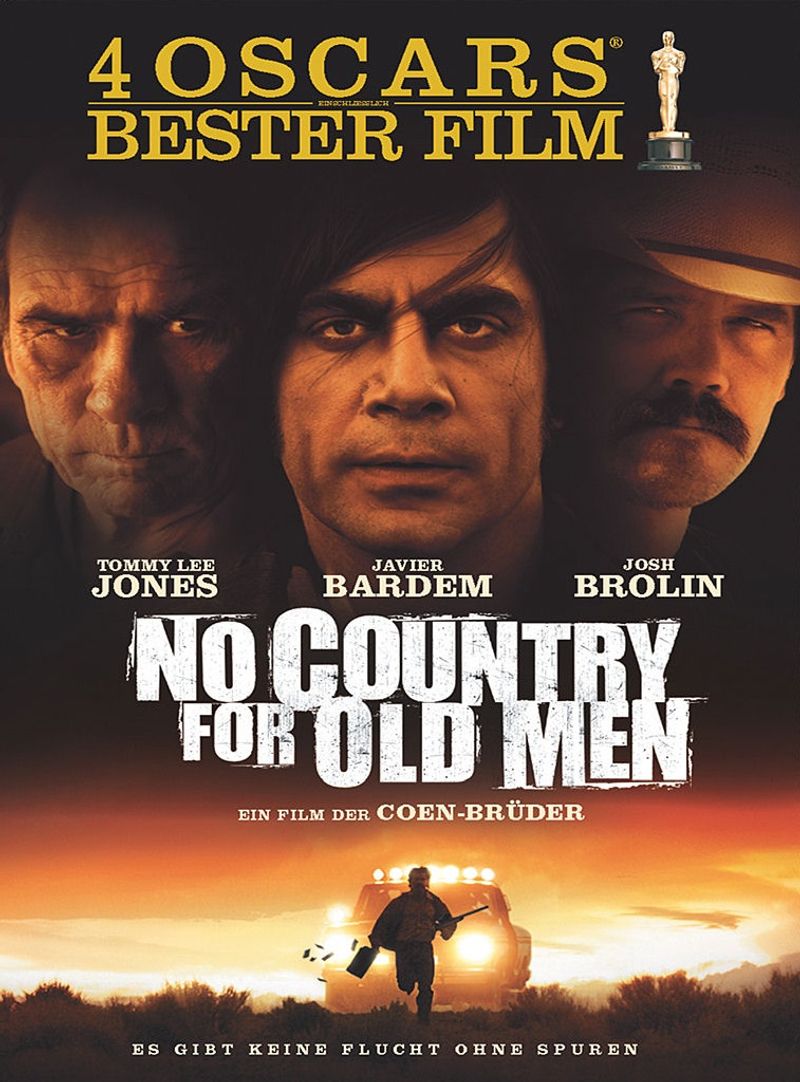
Chigurh isn’t just scary—he’s nightmare fuel brought to life. Bardem created a villain who operates by his own twisted moral code, deciding people’s fates with a coin flip. His calm, emotionless delivery made him more terrifying than any screaming maniac could ever be.
That bizarre haircut somehow added to his otherworldly menace, making him look like death itself walking around Texas. Bardem’s physical stillness contrasted with sudden explosive violence, keeping everyone off-balance. His cattle gun became one of cinema’s most disturbing weapons, and his performance earned him an Oscar for creating an unforgettable monster.
9. Anne Hathaway as Fantine in Les Misérables
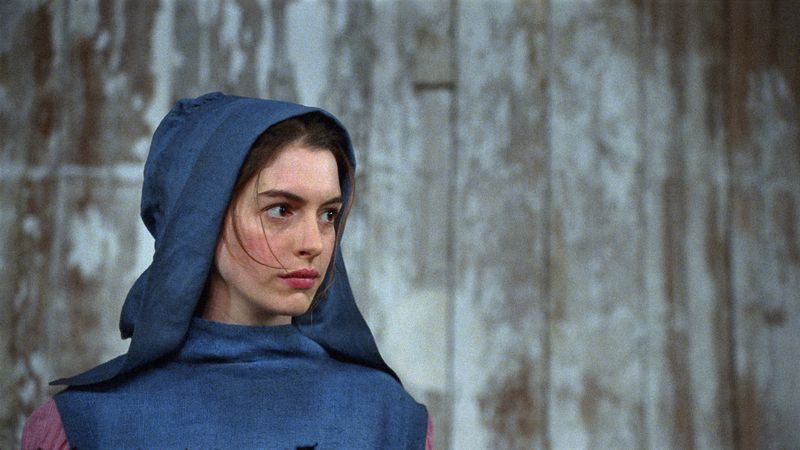
Hathaway appears for barely twenty minutes, yet her performance haunts the entire three-hour film. Fantine’s downward spiral from factory worker to desperate poverty happens quickly, but the actress made every degrading step feel emotionally real. Her rendition of “I Dreamed a Dream” was filmed in one unbroken take, capturing raw emotion that left audiences sobbing.
The actress actually cut her hair on camera and lost dangerous amounts of weight to portray Fantine’s deterioration authentically. Her hollow eyes and gaunt face told the story of complete hopelessness. That commitment earned Hathaway her first Oscar in one of the shortest winning performances ever recorded.
10. Mahershala Ali as Juan in Moonlight
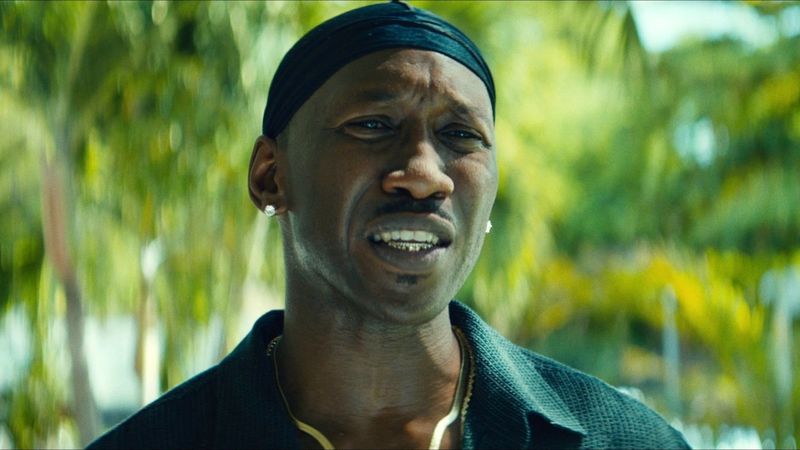
Juan only appears in the film’s first act, but his influence echoes through the entire story. Ali played this drug dealer with such warmth and complexity that he became the father figure young Chiron desperately needed. His patient teaching moments on the beach created the film’s emotional foundation.
The actor avoided stereotypes by showing Juan’s contradictions—someone making money from drugs while genuinely caring for a vulnerable child. His soft-spoken wisdom and protective nature made his absence felt powerfully in later chapters. Ali’s beautiful, nuanced work earned him the Oscar and proved supporting characters can define entire films through their impact.
11. Alan Rickman as Severus Snape in the Harry Potter Series
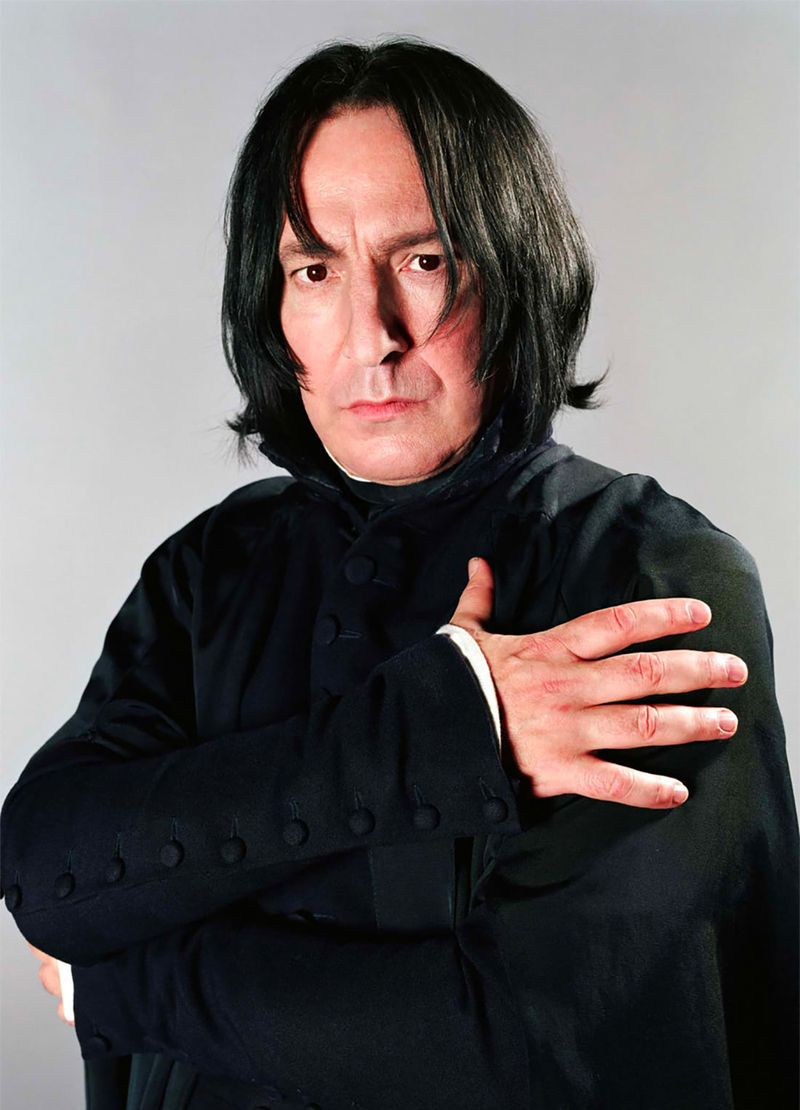
Across eight films, Rickman played the long game, hiding Snape’s true nature while dropping subtle hints only visible upon rewatching. His distinctive voice turned every sarcastic comment into pure gold, making Snape simultaneously hateable and fascinating. That signature drawl became instantly recognizable and endlessly quotable.
Rickman knew Snape’s complete backstory from the beginning, allowing him to layer every scene with hidden meaning. His portrayal walked the tightrope between villain and hero perfectly, keeping audiences guessing until the final revelation. When Snape’s memories finally played out, Rickman’s earlier performances gained new heartbreaking context, cementing his legacy in cinema history.

Comments
Loading…